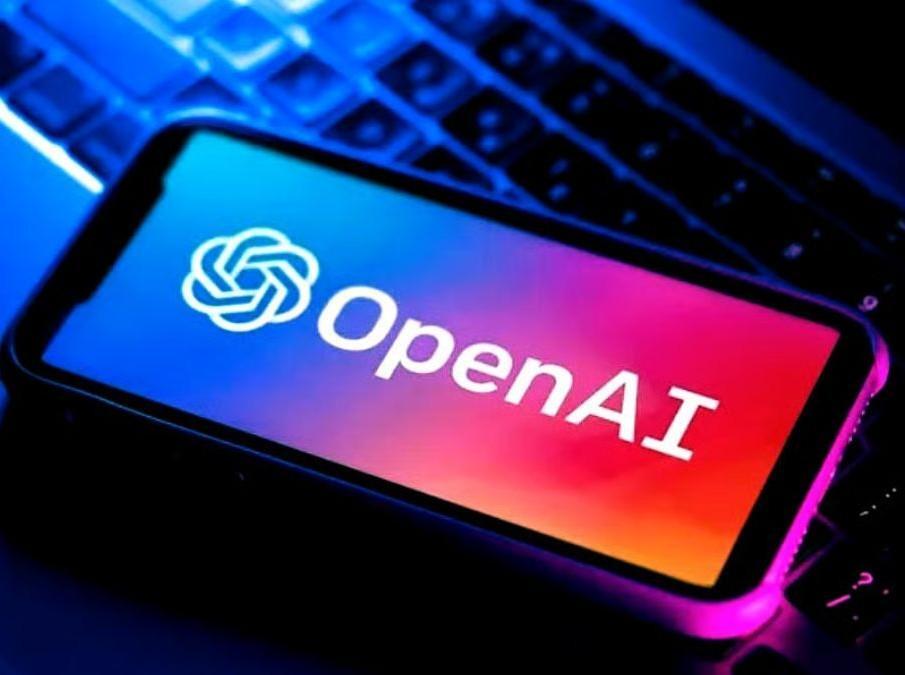
OpenAI Releases Downloadable AI Models for Public, Offline Use
In a groundbreaking move, OpenAI, a leading artificial intelligence research organization, has released two AI models, gpt-oss-120b and gpt-oss-20b, for public use. For the first time since 2019, the organization is allowing anyone to download and run the full model on their own computer, giving users complete control over the AI model. This means that users no longer need to rely on internet access, expensive subscriptions, or even ask OpenAI’s permission to access these AI models.
The release of these AI models is significant because it marks a shift in the way AI technology is made available to the public. Historically, AI models have been confined to cloud-based platforms, requiring users to access them through the internet. This has limited the use of AI models to those with reliable internet connections and the means to afford expensive subscriptions. The release of these downloadable AI models changes this paradigm, making AI technology more accessible and democratized.
The two AI models, gpt-oss-120b and gpt-oss-20b, are both variants of the popular GPT (Generative Pre-trained Transformer) language model. GPT is a type of AI model that is trained on large amounts of text data to generate human-like language. The gpt-oss-120b model is a larger and more advanced version of the gpt-oss-20b model, with 120 billion parameters compared to the 20 billion parameters of the smaller model.
The significance of this release cannot be overstated. With these downloadable AI models, users can now run AI models offline, without relying on the internet. This has numerous implications for industries such as healthcare, education, and finance, where AI models can be used to analyze data, generate reports, and make predictions without the need for internet connectivity.
Moreover, the release of these AI models gives users control over the data they use and the way it is processed. This is in contrast to traditional cloud-based AI models, where user data is stored on remote servers and may be subject to data breaches or unauthorized access. With downloadable AI models, users can store their data locally and control the processing of that data, ensuring greater security and privacy.
The release of these AI models is also a significant step forward for OpenAI’s mission to make AI technology more accessible and beneficial to humanity. By making these AI models available for public use, OpenAI is enabling researchers, developers, and entrepreneurs to build new AI-powered applications and services that can benefit society.
The implications of this release are far-reaching and multifaceted. For researchers, it means that they can now access and use these AI models for their own research projects, without having to rely on cloud-based platforms or expensive subscriptions. For developers, it means that they can now build new AI-powered applications and services that can be run offline, without the need for internet connectivity. For entrepreneurs, it means that they can now create new AI-powered businesses and services that can reach a wider audience and generate revenue.
In conclusion, the release of the gpt-oss-120b and gpt-oss-20b AI models by OpenAI marks a significant turning point in the development of AI technology. It marks a shift towards greater accessibility, democratization, and control over AI technology. With these downloadable AI models, users can now access and use AI technology in ways that were previously impossible. This has the potential to transform industries, create new opportunities, and benefit society as a whole.






